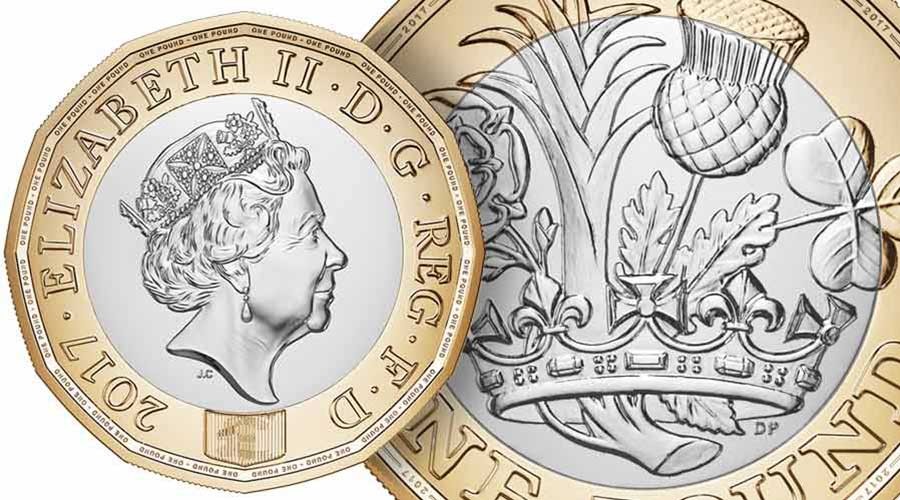Plymouth City Council has been landed with a bill for £32,000 because of the new £1 coin.
The authority, along with others up and down the country, has had to change its parking meters in readiness for the arrival of the new 12-sided coin in March 2017.
The switch, being brought in because the current coin is vulnerable to counterfeiters, also effects millions of vending machines, which also have to be adapted so they can accept the new coins.
One Plymouth firm, which works with manufacturers, estimates the cost will be astronomical for firms and councils, even though many machines can be adapted via mere software updates.
Plymouth City Council has already been tackling the problem.
Cllr Steve Ricketts (pictured above), Cabinet Member responsible for Transport said: "We have already made arrangements to ensure our parking meters will accept the new £1 coin in advance of its release.
"This follows recent upgrades that were made to parking payment systems to accept the new £5 note. These modifications will cost £32,000."
The new £1 coins will start appearing in March, but there will be a six-month change-over period when the new version and the current coins, which were introduced in 1983, are both legal tender.
It is believed about 40 per cent of cash-receiving machines will need to have their mechanisms physically removed and updated.
The Treasury warned retailers and vending machine operators to get ready for the switch-over two years ago.
The Automatic Vending Association said it expects the changes to cost £100 million for the industry.
In Plymouth, Applegate PRO, an e-procurement business which allows manufacturing firms to search for the best purchasing deals, said it had been keeping a close eye on developments.
The company, based in Union Street, works with manufacturers who are eager to learn if there are opportunities to gain business from assisting with adapting machines.
James Jeffrey, the firm's business writer, said: "Every parking meter in the country will need to be updated. Some will need to be replaced but others will only require a software update."
The Automatic Vending Association said the Royal Mint and The Treasury had brought in the new coin to protect the integrity of the currency and reduce the level of fake coins in circulation.
But it said it is "regrettable" upgrades required to vending machines will incur "considerable costs.
A spokesman said: "In 2011, the new 5p and 10p coins were introduced at a cost to the industry of £28.9million and it is estimated the upgrades required for the new £1 coin will cost approximately £32million to ensure the estimated 500,000 vending machines in the UK are ready to accept the new coin.
A Local Government Association spokesman said: "Councils have experienced substantial budget reductions and adapting parking metres is likely to be a further cost burden."

